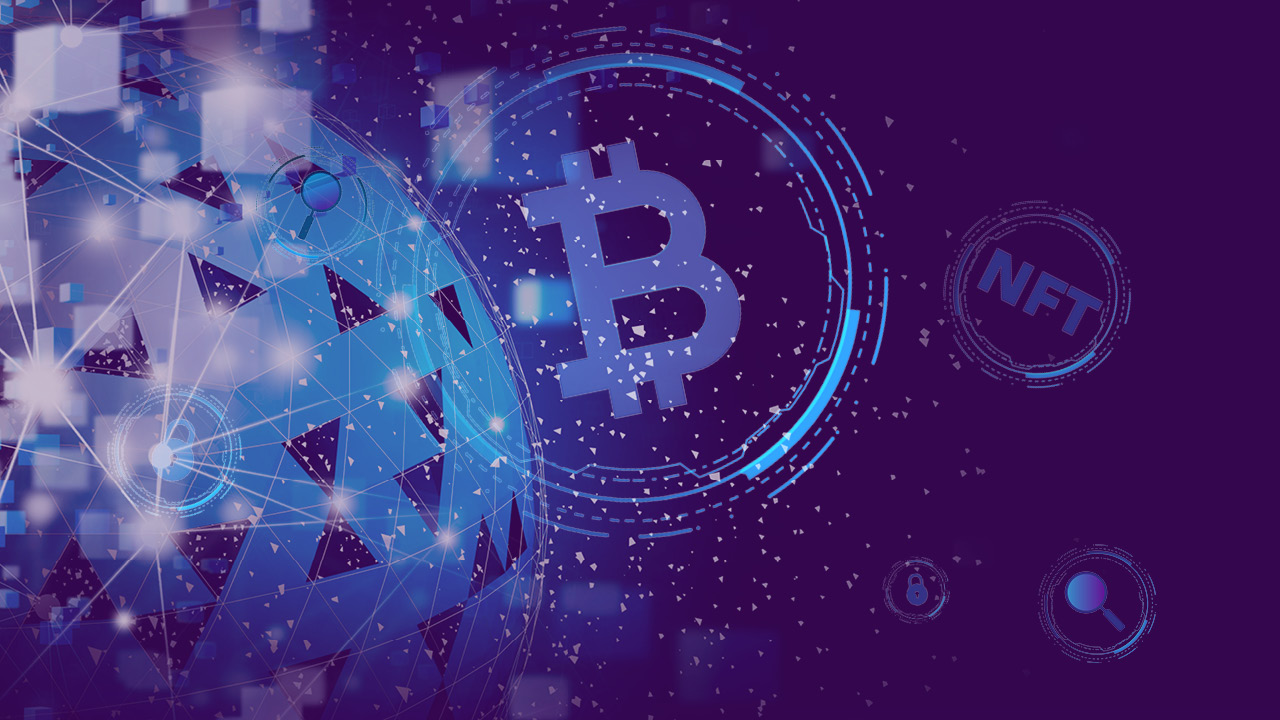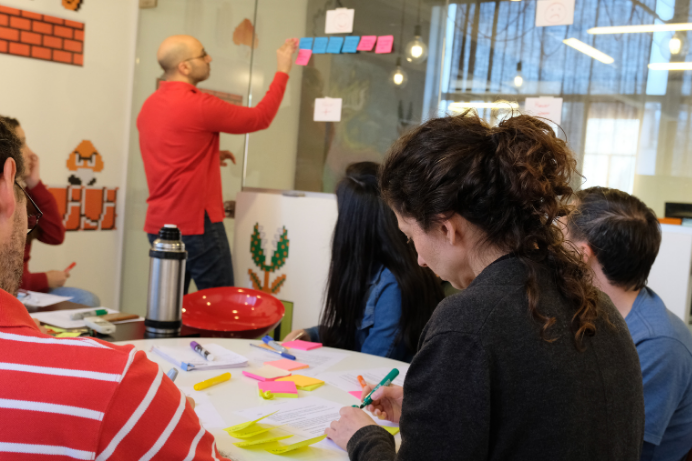Finding the Right Salesforce Partner
Salesforce is a game-changing platform that can help businesses of all sizes streamline operations, increase efficiency, and drive growth. To truly...
Tonic3 develops and executes strategies that drive profit through Digital Transformation. Practically that means we are built to help clients hone the right strategy, implement the right technology, and build the right long-term capabilities to deliver lasting transformation.
Industries
We believe that effective technology helps people succeed in their daily lives. So we help our clients engineer useful technology for their clients, partners, and employees. That translates to every major industry, but over the years we’ve developed several core areas of expertise.

Ever since Bitcoin broke into mainstream media and made the news, three big questions consistently come up:
Only time wil tell the answer to the first question, and the second question depends on personal preference. But the third question is one that can and will be answered.
It’s understandable that many people have questions about blockchain, as many explanations are overly complicated or just plain boring to read. Below, we’ve summed up everything you need to know to understand the basics of the blockchain in a short and sweet summary.
Blockchain 101
A blockchain is just that, a chain of blocks! It’s a technology that allows a person or company to register information on a data package, or block. This block can then become a part of a “chain” in a network of miners/workers that maintain and verify them. These miners are online 24/7 and work independently to keep the blockchain active and safe around the clock. Because of this, the network is always “on” and blocks can’t be erased once they become part of the network unless the blockchain is no longer active or working.
Practical applications
So, what are these blocks of information used for? There are a wide variety of applications for blockchains—far too many to include in one short article—but a few common ones include:
Because of the security of the blockchain, it lends itself well to fraud prevention. In fact, the blockchain has played a large role in the recent digital transformation of banking and financial services. Major companies operating in the banking and financial services sector are already adopting the use of blockchains to help reduce fraudulent transactions. For example, smart, if/then contracts can be created for buyers and sellers using blockchains, preventing parts of the process from being fulfilled if the previous step wasn’t completely verified or completed.
The cost of implementing a blockchain, whether it be private or public, can vary. However, it’s often worth the investment to reduce the costs and time associated with doing business. For example, an educational institution may use blockchains to add an extra layer of security, using a certification system to protect diplomas while still allowing some companies to check the authenticity of the documents. This could help to reduce administrative costs and legal fees while also increasing transparency and trust in the institution.
Products and Services
Copyrights and security can be some of the most expensive parts of doing business. But blockchains can help to add these functionalities and processes for less.
Due to the flexibility and capabilities of blockchain technology, it’s anticipated to change business and, therefore, our daily lives over the coming years. A few examples of services and processes that may soon change due to blockchain implementation include:
Summary
When blockchain technology was first introduced to the general public with the announcement of Bitcoin, the focus was on the decentralization of information and the lack of regulation that this new currency had. Few spoke about the benefits it might have on day-to-day activities for everyday citizens and the ways in which it could provide additional security and accountability.
A decade later, we’ve only scratched the surface of what possibilities blockchains will open up to us. Every day, new blockchains are being created and the technology becomes more and more a part of daily life. There’s no denying at this point that the blockchain is here to stay. So, why not lean into these capabilities and use them to our advantage?
At Tonic3, we have over 25 years of experience in UX for end-users and operators alike. In that time, we’ve seen and adapted to our fair share of technology breakthroughs like blockchain and helped out clients to do the same.
We understand that no matter what technology a consumer uses, they’re looking for it to be as intuitive and effortless to use as possible. In this regard, the blockchain may be a game-changer. The flexibility of blockchains can help to make processes more straightforward and simpler but also more secure, an opportunity that should not be easily written off.
As Einstein once said: “Imagination is more important than knowledge. Knowledge is limited. Imagination encircles the world”

Salesforce is a game-changing platform that can help businesses of all sizes streamline operations, increase efficiency, and drive growth. To truly...

Santander is a financial services leader in Argentina and one of the 20 largest banks in the world. As a foundational part of their long term digital...

If you’re looking to optimize your marketing strategies with the help of intelligent automation, you’re in the right place! The Salesforce Marketing...